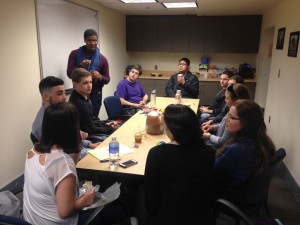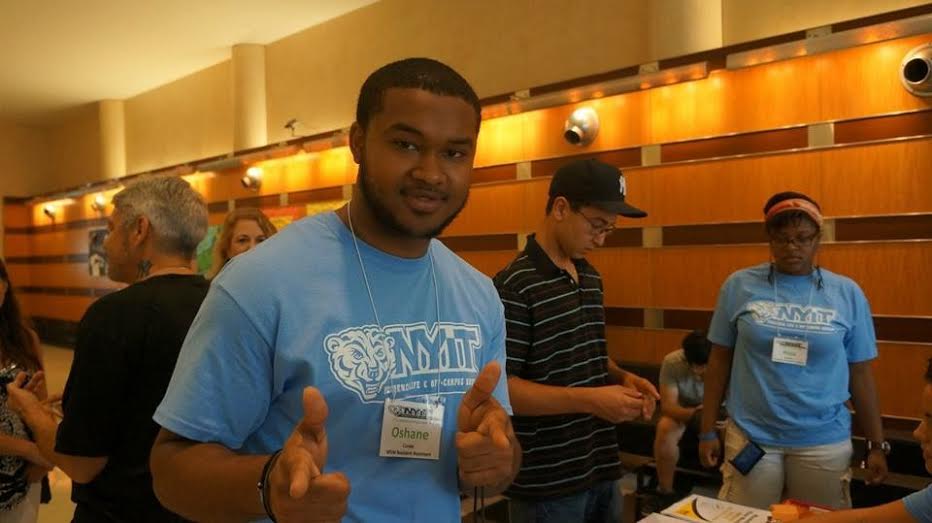This past week, the leadership program at my university hosted a Crucial Conversations Round-table Discussion. It was led by one awesome peer of mine, Jeremy Mathis. Jeremy guided our discussion around the issues of cultural appropriation and caricature, particularly during the Halloween season. Kudos to Jeremy for displaying true campus leadership! He’s promoting Open Doors, Open Hearts moments at our university by allowing others to share their experience and emotions. He is creating a culture of trust, respect, and growth around him.
Sometimes, all we need to build a community around is conversation. By welcoming, connecting, and engaging those around you in a discussion, you are creating x+1 moments for the 3s on your dance floor. The 3s are those who already attend events hosted by your organization, but come mostly because there’s free pizza (or in our case, free Halloween cupcakes and apple cider.) Jeremy knew he was already speaking with students who were involved; however, he was striving to increase their engagement in the program and awareness of these issues by one level. He understood that engagement is a process, and wanted to change their mindset of “what’s in it for me?” to “what’s next for me, how can I contribute?” At the end of his event, the 3s had transformed into 5s.
What made the crucial conversations so great? Jeremy did a great job at facilitating conversation by allowing each personto share their experience, encouraging them to take the lead in the conversation, and guiding the conversation into a successful learning outcome. His facilitation of Crucial Conversations provides a great framework for creating successful x+1 moments in any campus organization.
Here are some tips on how to create those x+1 moments:
- Allow them to share their experience: Dedicate 5 minutes at the beginning of your meetings to “Big Wins: what went really well?” Also, end the meeting with “Final thoughts: how are you feeling as we close the meeting?”
- Encourage them to take the lead: “Anthony, I remember you saying that you were a really great writer. Would you like to take meeting notes for the group this semester as our secretary?”
- Guide them to success: As the leader of your campus organization, you have experience and knowledge of what has and hasn’t worked in the past. Guide and mentor other students through the process by using your own experience. You’ve seen that there’s a better turn out for your organization’s events if it’s held on a Sunday vs. a Saturday. Let the social chair or event planner of your organization know that.
Creating x+1 moments will allow you to further engage the people who already show up. By doing so, you are making it easier for you, the campus leader, to build a community where each student feels welcomed, connected, and engaged.




